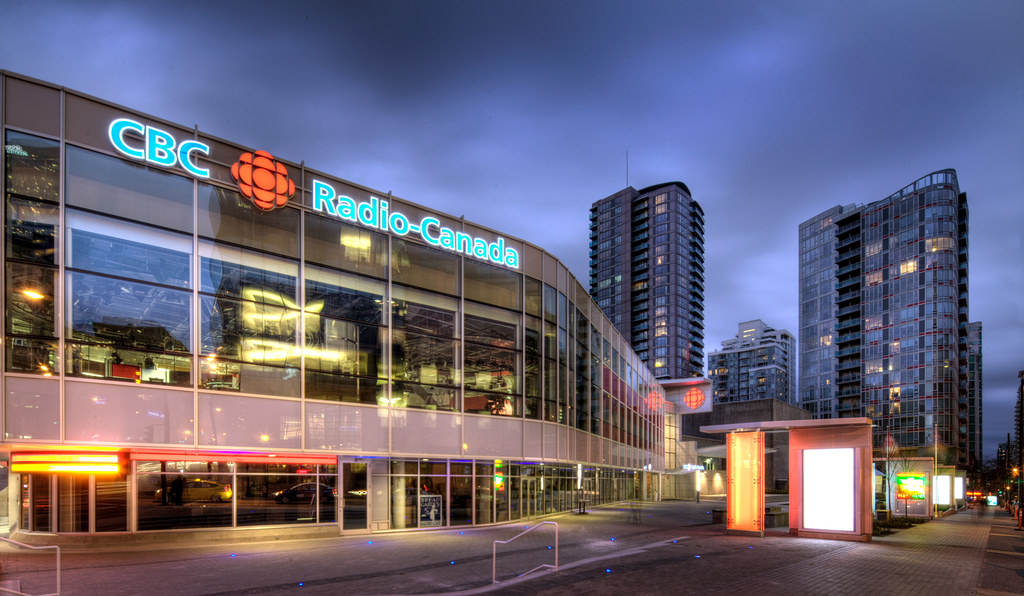The federal government has taken the first step on a long road toward what hopefully will be the restoration of the CBC as Canada’s most important public interest and cultural institution.
Last week Canadian Heritage Minister Mélanie Joly announced the government is ending the long-time practice of appointing friends of the government to the CBC board of directors and, instead, introducing a new system.
Joly named nine prominent Canadians with various backgrounds from across the country, who will recommend people they feel are capable of serving on the board .
Currently three positions are vacant on the board, and the second term of CBC President and CEO Hubert Lacroix expires at the end of the year.
The change in how board members are selected will immediately restore some of the CBC’s lost credibility. Many long-time viewers and listeners have turned away from the national broadcaster.
Of course establishing a new process for appointing board members is no guarantee that the CBC will be fully restored to health. The problems inside the corporation are so serious that the rebuilding could require four or five years.
The first goal will be to gradually form a board that will serve the CBC mandate. This may not be easy. While appointees will be outstanding in their own field of activity, it’s unlikely they will have served on a high-level national board, let alone the board of a broadcaster, which involves many complicated activities.
The board will need to evaluate the success and future of the corporation’s move to provide programming via the Internet, and the challenges presented by digital services such as Netflix.
The board and the government will have to work out the amount of funding the CBC is to receive. The Liberals provided extra funding of $150 million in 2015. Once the government is satisfied with the progress of the renewal process, it should provide funding on a five-year basis instead of annually as is the current practice. Long-term funding allows the CBC to plan for the future. Additional sources of revenue, such as grants from foundations, should be explored.
With the world in a state of chaos and false news coming at us from many directions, a strong CBC has never been more important. A 2011 study showed that Canada ranked 17th per capita in the world in terms of public broadcasting spending.
The corporation’s programming objectives need to be clarified. Too many CBC executives think that CBC-TV should be similar to private TV, and that ratings are all-important. But it’s time to finally admit that the CBC should be more like U.S. PBS and less like CTV. Programs about dance and theatre will never have competitive ratings, but they are important to the country.
The board will have to evaluate whether the corporation’s top executives have the skills and creativity required to manage a public interest broadcaster. It should go outside the CBC to fill some key positions.
At present, the expression “public interest,” which should be on the minds of public broadcasters, is pretty much a forgotten term at the CBC.
Strong new mid-level managers are needed to restore morale in some parts of the CBC. The corporation has for years had a poor work environment, largely because of negligent management.
The TV people are making one smart move. When Peter Mansbridge retires from The National, three roving anchors/journalists will host the program — a move that many have advocated for some time. This should result in better quality journalism because the new hosts will be travelling to cover stories and they will get deeper into the subject matter.
On the creative side, current TV executives spend hours trying to come up with inexpensive program ideas that might allow the CBC to match the ratings of the private stations.
As a result, the CBC-TV schedule includes programs that shouldn’t be on a public broadcasting network, including Hello Goodbye, The Goods, Just for Laughs Gags, and the exploitive Dragon’s Den.
The TV schedule lacks programs that discuss interesting and intelligent ideas. The managers seem to be afraid to provide programming about anything controversial. Why doesn’t our national broadcaster have a program that explains climate change, the most serious problem facing humanity?
CBC Radio receives less than its fair share of the overall budget. But because it reaches into every nook and cranny of the country, radio provides a more important service than TV.
The radio schedule is somewhat impressive because of programs such as The Current, As It Happens, Ideas, The Sunday Edition, and Unreserved. But in recent years there has been a strange move to provide an inordinate number of programs dealing with people’s personal problems.
Unfortunately, just like television, radio lacks biting programs where strong ideas are debated.
Last weekend I met a journalist friend from the Caribbean who was in India recently. He was amazed that Indian media is full of heated debate on all kinds of topics. He asked why Canadian media is so dull.
I said I thought the influence of the Harper years and pressure from the corporate community had reduced the quality of our media compared to 20 years ago.
The programming of CBC News and Current Affairs has not recovered. This means the CBC is guilty of self-censorship on a massive scale.
With the new board procedures, the Trudeau government is taking an important first step forward from the cynical Harper era. During the months and years ahead we will hopefully witness the rebuilding and revival of a CBC we can once again be proud of.
Nick Fillmore is a Toronto freelance journalist and social activist. He worked more than 25 years with the CBC as a TV reporter, assignment editor, senior producer, and investigative journalist. He is a frequent contributor to rabble.ca
Image: Flickr/glotmansimpson
Like this article? Please chip in to keep stories like these coming.




